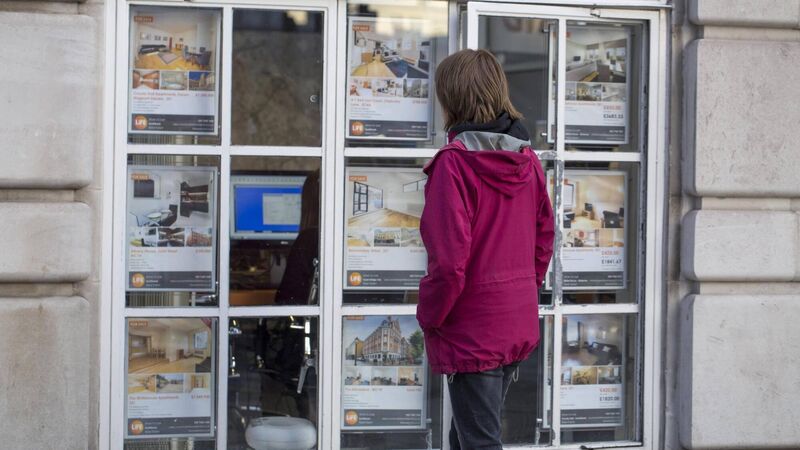Homes available to rent have halved compared to pre-covid levels, new research shows

On November 1, there were a total of just 1,901 homes for rent countrywide, down 21% on the same date a year previously and less than half (44%) of the 2015-2019 average.
The number of homes available to rent across the country has more than halved compared to pre-pandemic levels, as the cost of renting continues to surge.
The latest Daft.ie report also forecasts pressure on the rental market will not ease anytime soon.










